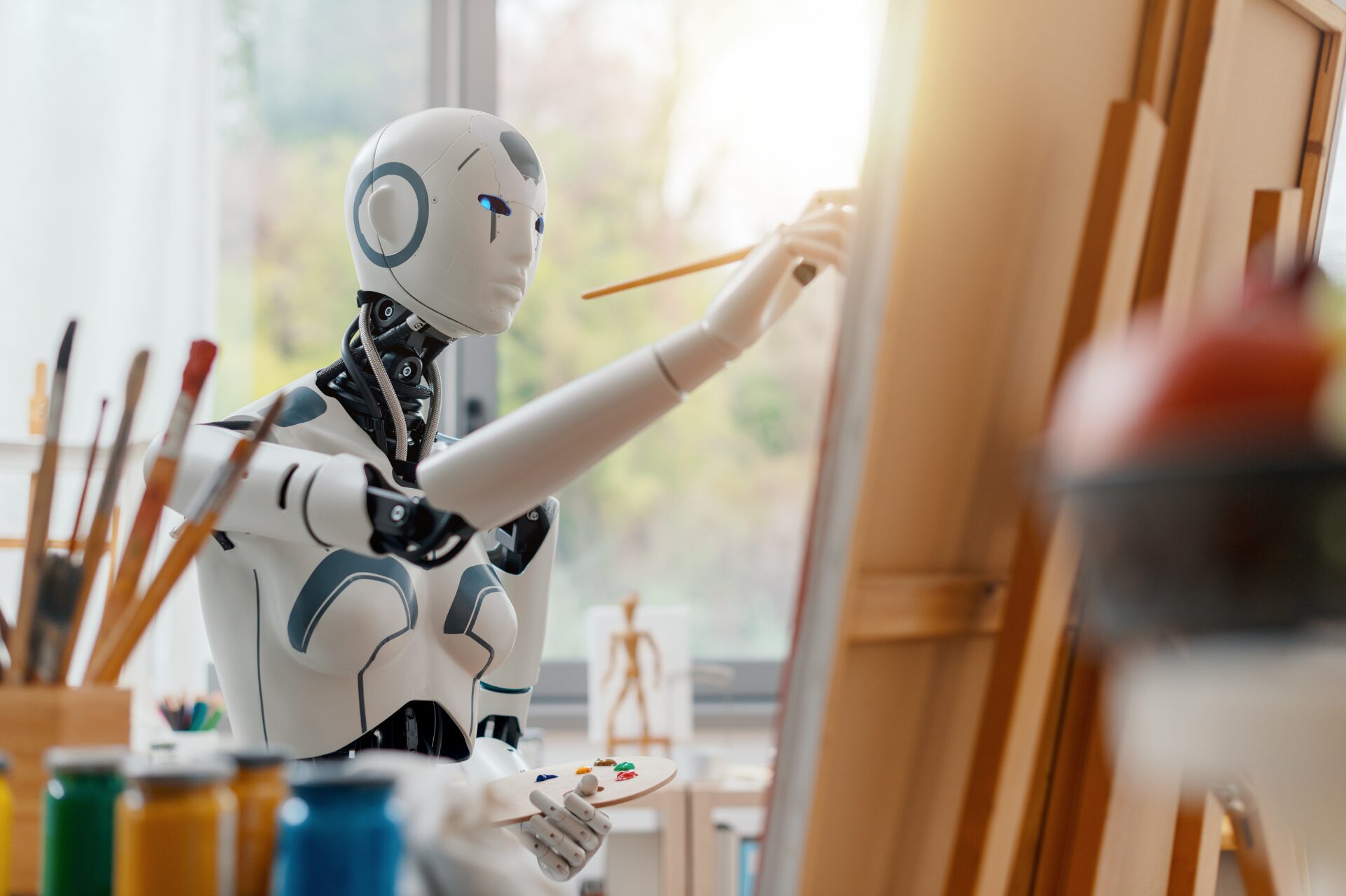The U.S. Copyright Office recently released a detailed report examining how copyright law applies to the training of artificial intelligence (AI) systems. As AI tools like ChatGPT, image generators, and automated music composers become more widespread, so do the legal questions around what content can be used to train them—and whether that usage infringes on the rights of creators.
At the heart of the debate is the doctrine of fair use, a legal principle that allows limited use of copyrighted material without permission in certain circumstances, such as commentary, education, or transformative use. But when copyrighted works are scraped and used to teach AI systems how to mimic human creativity, is that transformative—or is it exploitation?
The Copyright Office’s report doesn’t offer a definitive answer, but it highlights the complexity of the issue. The new report highlights that a “fair use” determination requires balancing multiple statutory factors relevant to the specific circumstance of each individual case. Various uses of copyrighted works are likely to be ‘transformative’ in AI training. The extent to which they are ‘fair use’ will depend on what works are used, where they are sourced, how they are used and what controls the output of the training models. The newest wrinkle to the evaluation is consideration of the effect the use has/had upon the potential market for or value of the copyrighted work. This evaluates different ways the use of the copyrighted works for generative AI can affect the market for or value of those works such as lost sales, market dilution and lost licensing opportunities, as well as broader claims that the public benefits of unlicensed training might shift the fair use balance.
Many creators are voicing concerns that their work is being used without permission or compensation. On the other hand, tech developers argue that broad access to data—including copyrighted materials—is essential to train effective and innovative AI systems.
This unresolved tension presents a major challenge not just for artists and developers, but for businesses of all kinds. If your company uses copyrighted materials to build or train AI, you could be exposed to future legal risks. Conversely, if your original content is being used without your knowledge to train AI tools, your intellectual property may be at risk.
At Enoch Tarver, we help clients navigate these rapidly evolving questions through our Trademark & Intellectual Property Law services. Our team works with businesses, entrepreneurs, and creatives to proactively protect their brands, creations, and innovations in a shifting digital and legal environment.
Whether you’re developing AI products, creating original content, or building a brand, here’s how we can help:
- Trademark Registration & Protection: We help you secure and defend your brand assets to prevent misuse or infringement in emerging technologies and markets.
- Copyright Counsel: We advise on how to protect creative works, including what rights you have if your content is used to train AI models.
- IP Strategy for Tech Development: If your business is leveraging AI, we can help assess legal risks tied to fair use, licensing, and data usage.
- Enforcement & Litigation: If your intellectual property is being misused, we’ll work with you to pursue enforcement or resolution.
The intersection of AI and copyright law is still being defined, but waiting for the law to catch up can leave your business vulnerable. It’s more important than ever to take proactive steps to secure and monitor your intellectual property.
As the legal landscape continues to evolve, Enoch Tarver is committed to helping our clients stay ahead of the curve. If you have questions about how AI might impact your IP rights—or how to protect your creations in the digital age—contact our team today.

